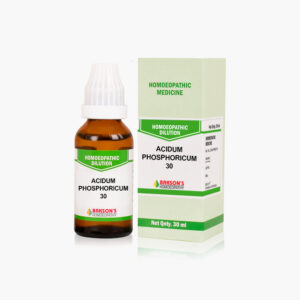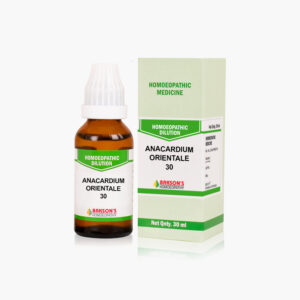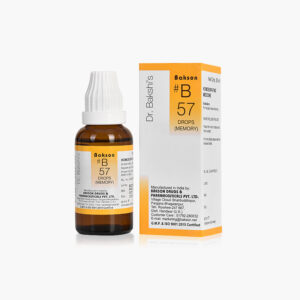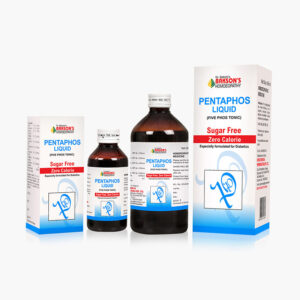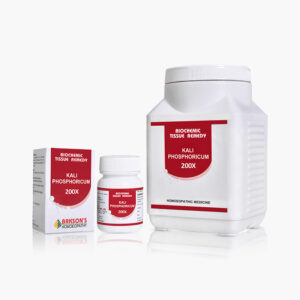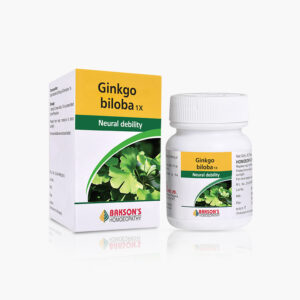What is Dementia?
According to WHO, Dementia is a syndrome, usually of a chronic or progressive nature, in which there is deterioration in cognitive function (i.e. the ability to process thought) beyond what might be expected from normal ageing.
It affects memory, thinking, orientation, comprehension, calculation, learning capacity, language, and judgement. Consciousness remains unaffected. The impairment in cognitive function is accompanied, and at times preceded, by deterioration in emotional control, social behaviour, or motivation.
Dementia is one of the major causes of disability and dependency among older people worldwide. Approximately, 47 million people in the world suffer from dementia. Alzheimer disease is the 5th leading cause of death in the world. Dementia is a significant public health burden and significantly increases costs of care, both to the individual and society.
Causes
There are many different forms of dementia known. Alzheimer’s disease is the most common form and contributes to 60-70% of cases. Other major forms include vascular dementia, dementia with Lewy bodies (abnormal aggregates of protein that develop inside nerve cells), and a group of diseases that contribute to frontotemporal dementia (degeneration of the frontal lobe of the brain).
- Alzheimer’s Disease is caused by the deposition of neurofibrillary tangles and senile plaques in the brain.
- Vascular dementia occurs due to ischemic injury to the brain.
- Frontotemporal dementia is caused by various mutations leading to the deposition of tau protein and other proteins in the grey and white matter of the brain.
- Lewy body dementia is caused by abnormal aggregation of the synaptic protein ?lpha-synuclein in the brain.
Signs and Symptoms
Patients of Dementia present with symptoms of change in behavior, getting lost in familiar neighborhoods, memory loss, mood changes, aggression, social withdrawal, self-neglect, cognitive difficulty, personality changes, difficulty performing tasks, forgetfulness, difficulty in communication, vulnerability to infections, loss of independence, etc.
The signs and symptoms of dementia can occur in three stages:
1.Early stage: the onset is gradual and is characterized by:
- forgetfulness
- losing track of the time
- becoming lost in familiar places.
2.Middle stage: the signs and symptoms become more clear in this stage. These include:
- forgetful of recent events and people’s names
- getting lost at home
- increasing difficulty with communication
- needing help with personal care
- experiencing behaviour changes, including wandering and repeated questioning.
3.Late stage: the late stage of dementia is one of near total dependence and inactivity. Symptoms include:
-
-
- unaware of the time and place
- difficulty in recognizing relatives and friends
- an increasing need for assisted self-care
- difficulty in walking
- experiencing behaviour changes that may cause aggression.
-
Diagnosis
Clinical history is important in the evaluation of a patient with dementia. Certain laboratory tests are done to evaluate for treatable causes of cognitive impairment which include complete blood count, urinalysis, metabolic panel, B12, folic acid, Thyroid function tests, etc.
Mini-mental status examination (MMSE) helps in evaluating attention, orientation, language, memory, and visuospatial skills but is not diagnostic. Functional brain imaging with PET, SPECT, and fMRI can help in early diagnosis and monitoring of patients with dementia.
Management
Supportive care, memory training, physical exercise programs, mental and social stimulation are some measures that are employed in this management of dementia. Daily exercise, light therapy, sleep routine, avoiding caffeine and alcohol, pain control, biofeedback, and multicomponent cognitive-behavioral therapy are also known to be of help.
Patients and their families should also be encouraged to seek social service consultations and to register with support groups and societies such as the Alzheimer society.
Warning: Above information provided is an overview of the disease, we strongly recommend a doctor’s consultation to prevent further advancement of disease and/or development of complications.
Disclaimer: The information provided herein on request, is not to be taken as a replacement for medical advice or diagnosis or treatment of any medical condition. DO NOT SELF MEDICATE. PLEASE CONSULT YOUR PHYSICIAN FOR PROPER DIAGNOSIS AND PRESCRIPTION.



 Login
Login

